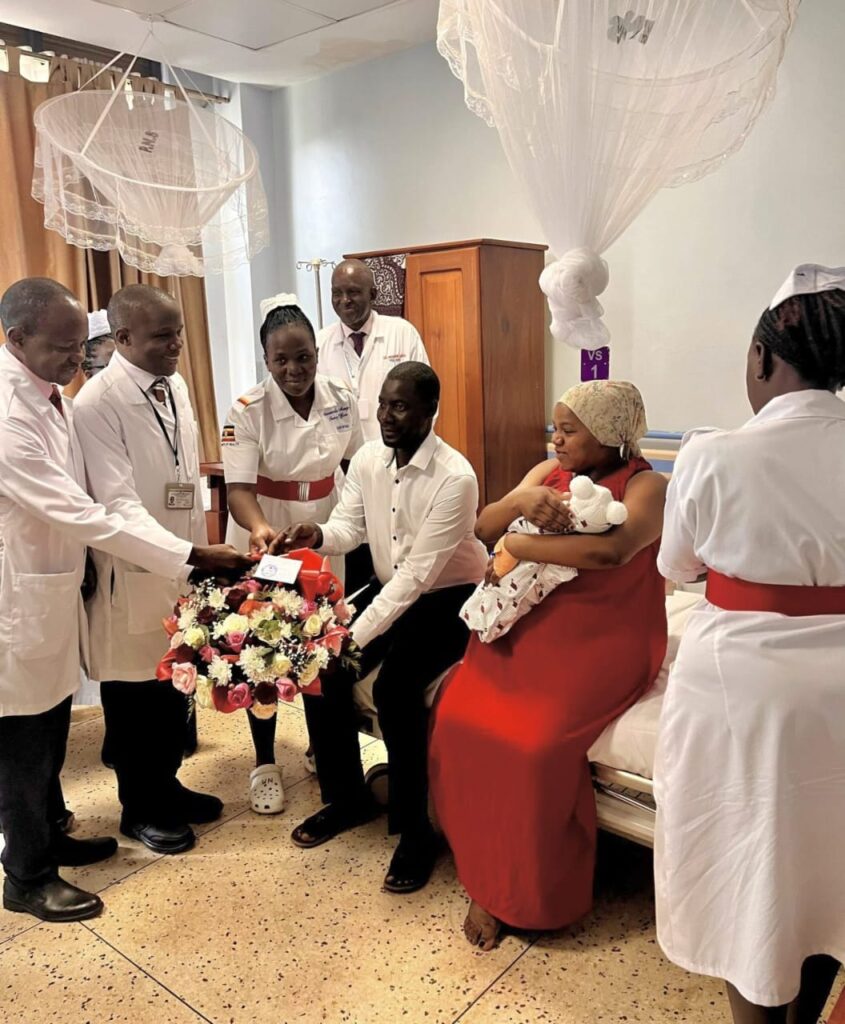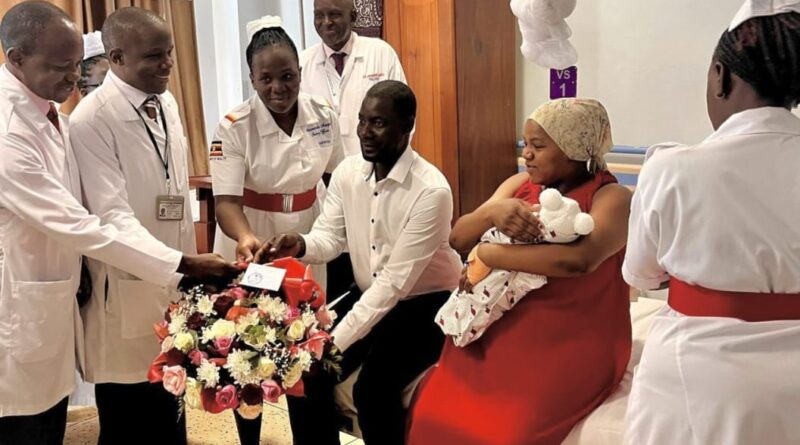Uganda’s IVF Milestone: Mulago Hospital Welcomes Second Baby Through Public Fertility Program
In a moment that blends science, hope, and resilience, Mulago Specialised Women and Neonatal Hospital has celebrated the birth of its second baby conceived through In Vitro Fertilisation (IVF) — a healthy baby girl weighing 3.6 kilograms.
The announcement, which sparked widespread excitement, was shared by Dr. Diana Atwine, Permanent Secretary at the Ministry of Health, who praised the medical team for their dedication.
“Great news! Our team at Mulago has safely delivered its second IVF baby. Congratulations to the proud parents!” Dr. Atwine said in a statement.
Beyond the joyous news lies a significant shift in Uganda’s public healthcare landscape. Since launching its IVF programme in August 2024, the hospital has confirmed 11 ongoing pregnancies — a strong indication that public confidence in locally available fertility services is growing.
Until recently, IVF in Uganda was a privilege largely reserved for the wealthy or those who could travel abroad for treatment. The Mulago programme marks a turning point by integrating Assisted Reproductive Technologies (ART) into the public healthcare system, making them accessible and affordable for more families.
This development is particularly meaningful in a country where infertility still carries emotional, cultural, and social stigma — most often affecting women. Affordable IVF in a national hospital is not just a medical advancement; it is a step toward breaking silence and reducing discrimination against those struggling to conceive.
At the heart of this achievement is a multidisciplinary team of obstetricians, gynaecologists, embryologists, and specialised nurses, who are delivering not only medical expertise but also compassionate care. From initial diagnosis to counselling and emotional support, the hospital is creating a comprehensive fertility care system within the public health sector.
Interest in the programme is growing rapidly. According to hospital insiders, more couples are making enquiries and booking appointments as word spreads that advanced fertility services are now available locally.
“This achievement shows our commitment to making advanced reproductive services accessible to every Ugandan, regardless of income,” said a senior clinician at Mulago. “Infertility is a medical condition like any other, and we are proud to be part of the solution.”
As Uganda’s Ministry of Health works towards Universal Health Coverage, milestones like this showcase the potential of combining public policy, innovation, and compassion to transform lives.
For one family, this new beginning is a reminder that when advanced medicine is made accessible, it has the power to bring joy in the most beautiful way.





